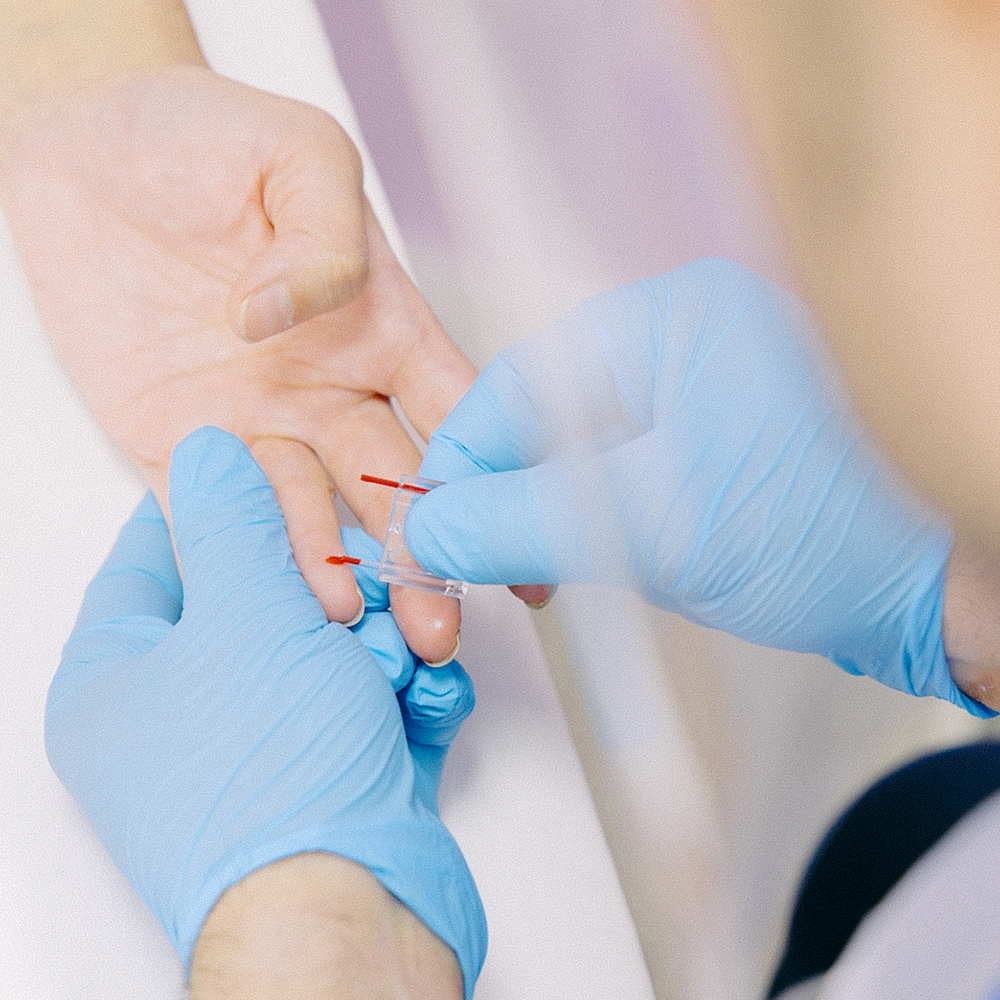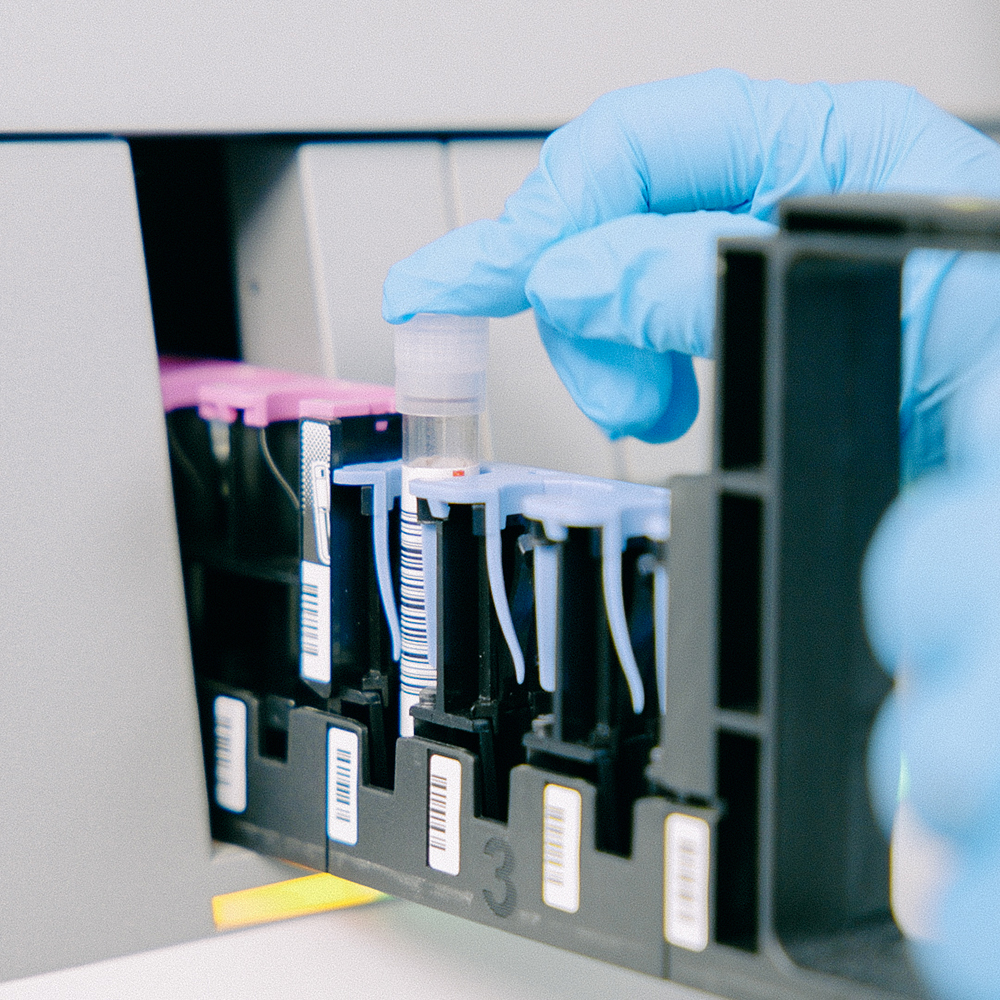Vitamin blood Test
£140.00
-
Results within 24 hours
-
Blood draw included
How is the test performed?
Blood tests are performed by drawing blood either from a finger prick or from a vein in your arm, the small blood sample is then collected and tested for any possible deficiencies.
What can cause excess or deficiencies in vitamins?
A variety of factors can lead to either an excess or deficiency in vitamins, typically it is almost impossible to have an excess but it can still happen, however, the vitamins we need the most are the ones that our body does not make itself, therefore it is easier to be deficient in these.
Vitamin deficiency can cause a wide variety of symptoms, depending on the vitamin, symptoms include:
- Fatigue and weakness
- Dry skin
- Dry hair
- Depression
- Poor wound healing
- Weakened immune system
- Bone fractures
What do the normal results range from?
There is a normal range of reference when it comes to each vitamin being measured, results outside of the range can indicate either excess or deficiency of the vitamin. Low vitamin B12 can suggest a deficiency, which will lead to fatigue, weight loss, nausea, and weak muscles, similarly, a lack of vitamin D can cause hair loss, depression, and restless sleep.
It is possible to overdose on these vitamins, although highly unlikely to happen, vitamin D toxicity will cause a calcium build up in your body, weakening bones, kidneys, and the heart. Taking too much Vitamin B will cause vomiting, headache, and a tingling sensation to name a few.
How is deficiency treated?
Treatment is dependent on not only the severity of the deficiency, but also taking into account any other conditions you may have.
Dietary changes are one of the most common ways of increasing levels of vitamins in your body, often by having tablets prescribed to you to take daily, this can also mean simply aiding certain foods into your diet. In more severe cases of deficiency, higher doses of vitamins can be given, either through injections or via tablets and liquids.






